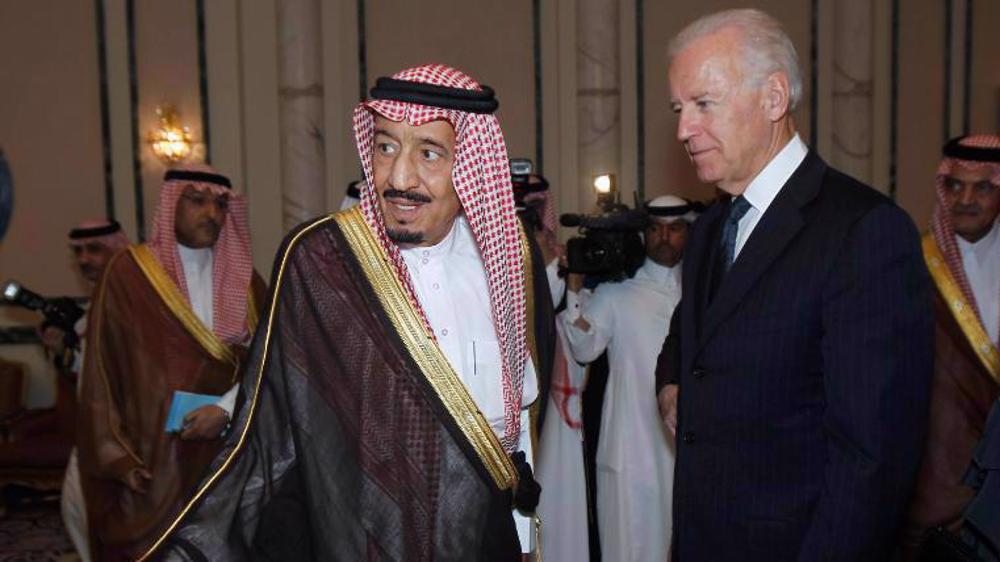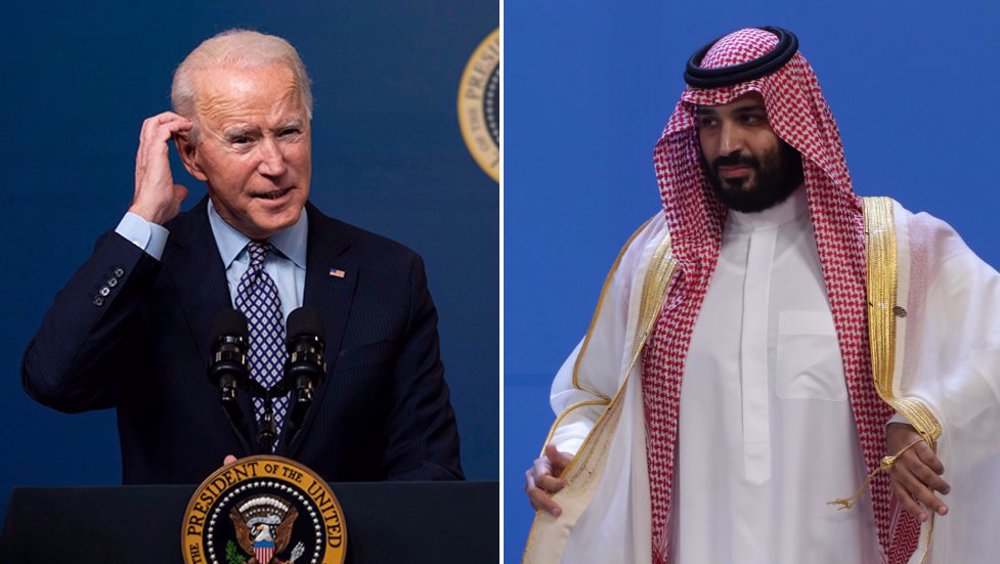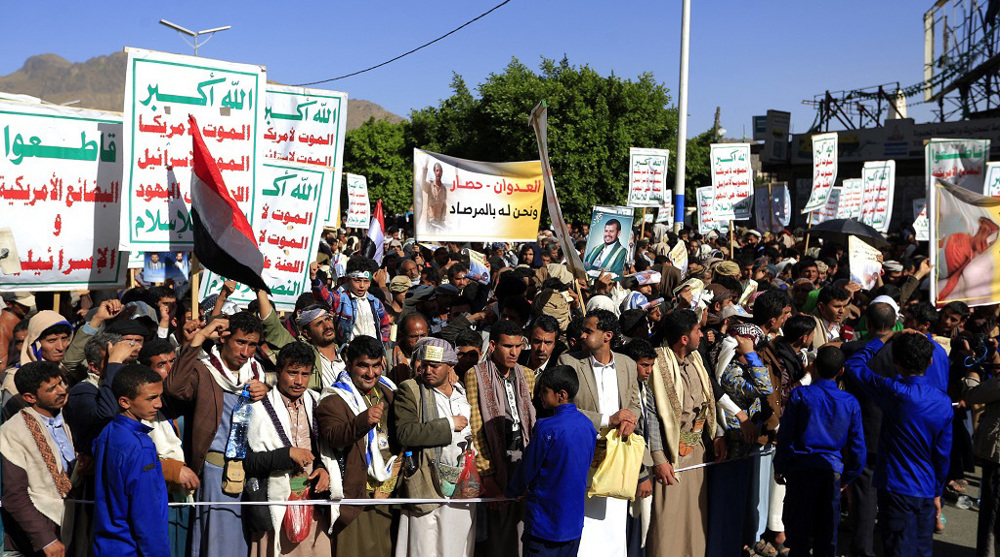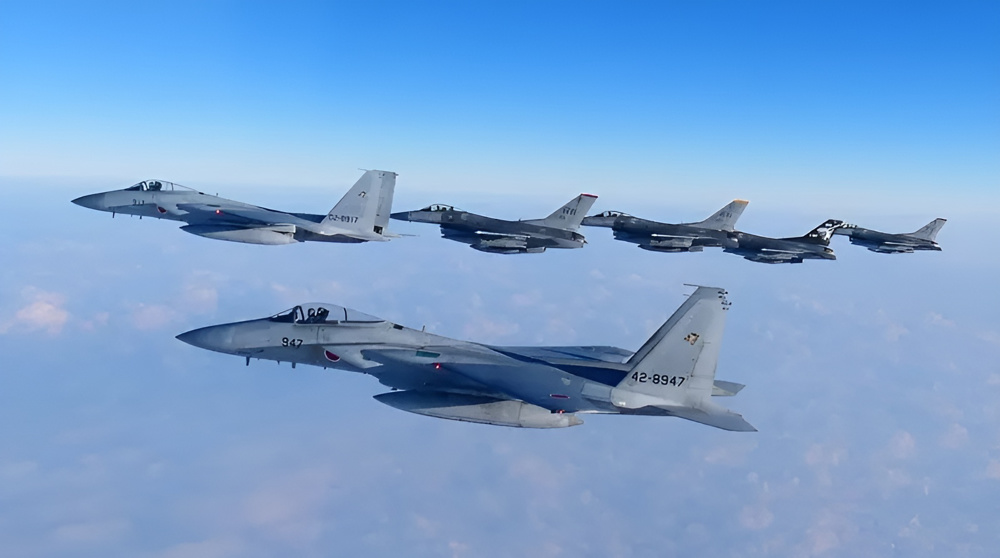Analyst: Embracing Saudi Arabia and the UAE's war in Yemen will hurt US interests in the Middle East
An American researcher and political analyst has urged the administration of US President Joe Biden not to embrace Saudi Arabia and the UAE because it will hurt US interests in the Middle East where these countries are involved in a deadly war against the people of Yemen.
“Closer U.S. military relations with Saudi Arabia and the UAE pose serious human rights issues, which should be reason enough to cut off U.S. military support. But cozying up to these regimes also undermines U.S. security interests in the Middle East and beyond,” wrote William D. Hartung, who is a senior research fellow at the Quincy Institute for Responsible Statecraft.
“The war in Yemen has stoked anti-U.S. sentiment there and destabilized that country in ways that may create an opening for a resurgence of al Qaeda in the Arabian Peninsula (AQAP). The UAE has supplied weapons to the forces of Gen. Khalifa Haftar in Libya in violation of a United Nations arms embargo and has launched drone strikes there that have killed scores of civilians. This reckless behavior by U.S.-armed allies not only diminishes the United States’s reputation and influence in the greater Middle East, but it also threatens to pull us into more conflicts there at a time when we should be reassessing our military footprint in the region,” Hartung wrote in an article published on Saturday.
US relations with the two Persian Gulf countries have soured over the Biden administration's dwindling support for the Saudi-led war on Yemen and the talks in Vienna aimed at reviving the 2015 Iran deal, according to reports.
But now the Biden administration is reportedly reaching out to Saudi Arabia and the United Arab Emirates (UAE) to urge them to increase their oil output to counterbalance disruptions in the global market sparked by sanctions on Russia.
The leaders of Saudi Arabia and the UAE, however, have reportedly declined calls from President Biden.
According to The Wall Street Journal, both Saudi Crown Prince Mohammed bin Salman and Abu Dhabi Crown Prince Sheikh Mohammed bin Zayed Al Nahyan have declined to speak by phone with President Biden in an attempt to draw American attention to the quid pro quo they are seeking — “more oil output for more arms and assistance in fighting” against the people of in Yemen.
According to reports, the UAE announced on Wednesday that it would increase its oil output, but it is not clear what the Biden administration has offered to the UAE in return.
The analyst warned that the US surrender “to the Saudi and UAE demands on Yemen would be a disastrous mistake, both for U.S. interests in the Middle East and, most tragically, for the people of Yemen.”
“There are other ways to get more oil onto the international market, including lifting sanctions on Iran as a revived nuclear deal under the Joint Comprehensive Program of Action (JCPOA) moves closer to fruition,” he advised.
He urged the Biden administration not “to forget the devastation caused by the U.S.-backed Saudi war in Yemen.”
“The United Nations estimates that there have been at least 377,000 direct and indirect deaths as a result of the war, which was initiated by a Saudi-led coalition six years ago this month. Saudi airstrikes are at their highest levels since April 2018, and the Saudi blockade of Yemen has choked off imports of fuel that are essential for powering hospitals and fulfilling the needs of daily life, causing further suffering and unnecessary deaths of innocent civilians. This is no time to be stepping up U.S. military support for Saudi Arabia and the UAE,” he emphasized.
“If the Biden administration decides to continue or increase military support for Saudi Arabia and the UAE in exchange for an upsurge in oil production, Congress should push back. It could do so by passing resolutions under the War Powers Act that would end U.S. support for the Saudi and UAE militaries, a move that would get the attention of both regimes and help end their brutal war in Yemen,” he opined.
“Embracing Saudi Arabia and the UAE at this moment is the wrong thing to do,” he stated.
Saudi Arabia and a number of its regional allies — including the UAE — launched a brutal war against Yemen in March 2015. The war was meant to eliminate Yemen’s popular Houthi Ansarullah movement and reinstall a former regime. The conflict, accompanied by a tight siege, has failed to reach its goals, but has killed hundreds of thousands of Yemeni people.
The Saudi-led coalition has been preventing fuel shipments from reaching Yemen while looting the impoverished nation’s resources.
The UN says more than 24 million Yemenis are in dire need of humanitarian aid, including 10 million suffering from extreme levels of hunger. The world body also refers to the situation in Yemen as the world’s worst humanitarian crisis.
The Saudi war has also taken a heavy toll on the country’s infrastructure, destroying hospitals, schools, and factories.
VIDEO | Press TV's news headlines
Journalist Tucker Carlson says he was detained in occupied territories after interview with US amb.
VIDEO | Is there any hope for Russia-Germany relations?
VIDEO | Israeli land grab policies
Nuclear chief: Israeli infiltration, sabotage drove Iran towards nuclear self-sufficiency
IRGC intel. chief: Enemies devised 7-stage plot for recent riots
Israeli minister calls to 'encourage' Palestinian exodus
VIDEO | Press TV's news headlines












 This makes it easy to access the Press TV website
This makes it easy to access the Press TV website